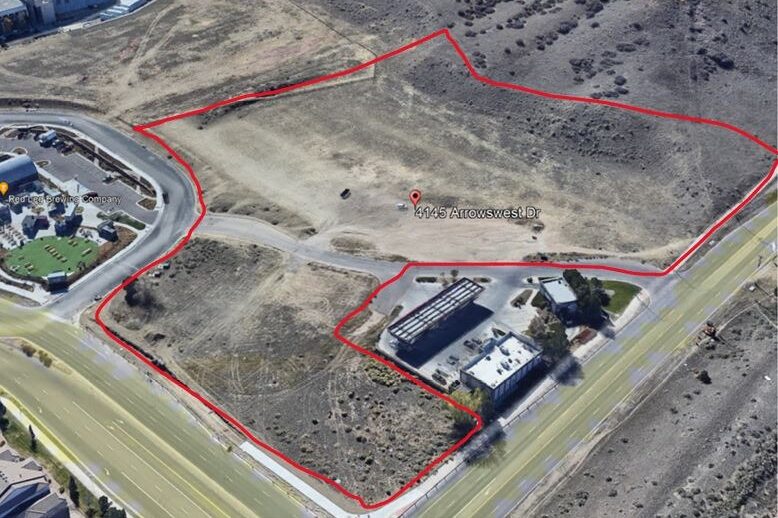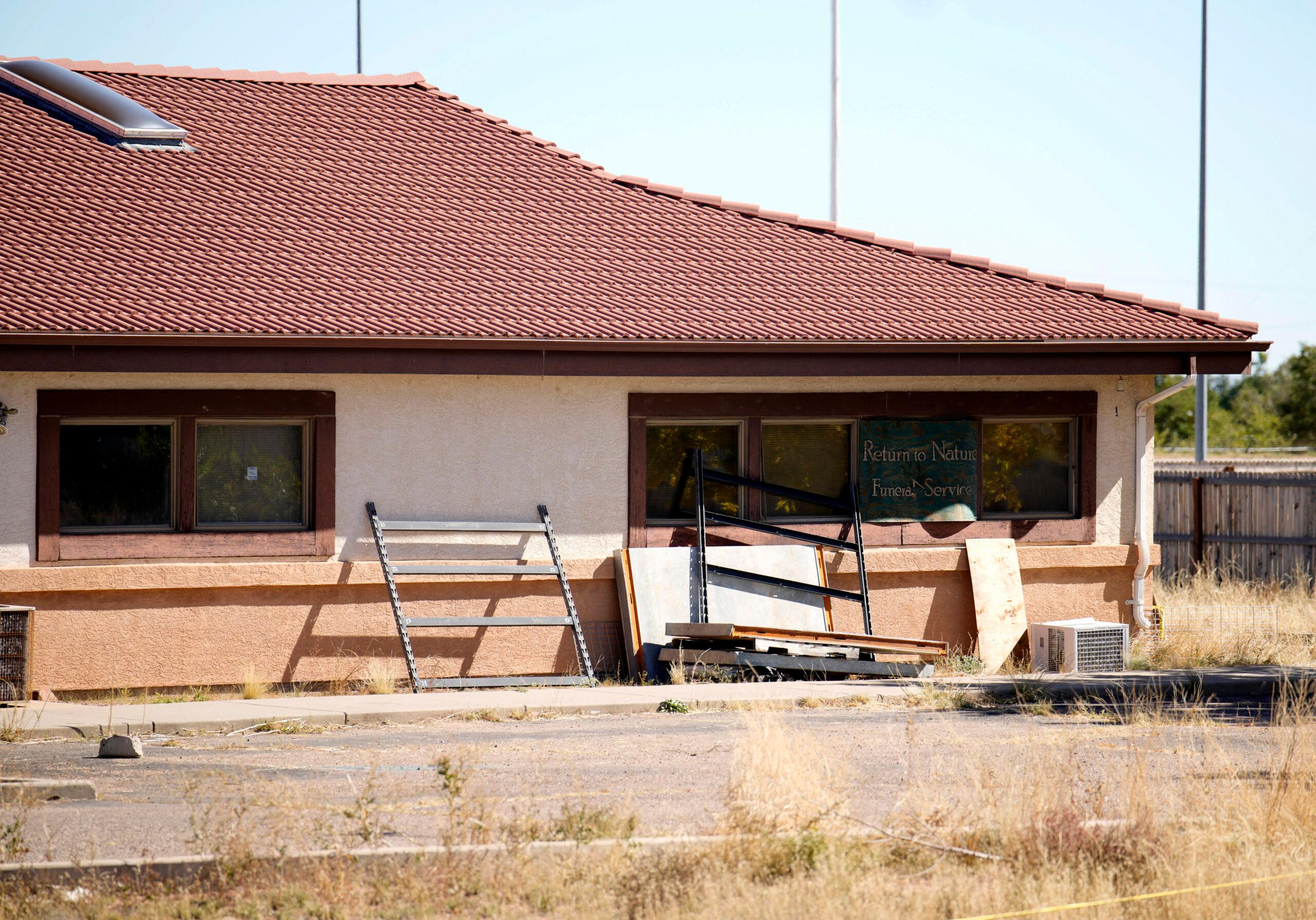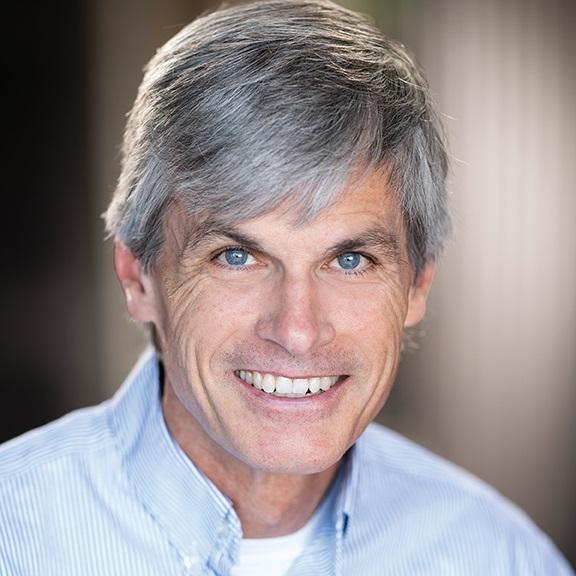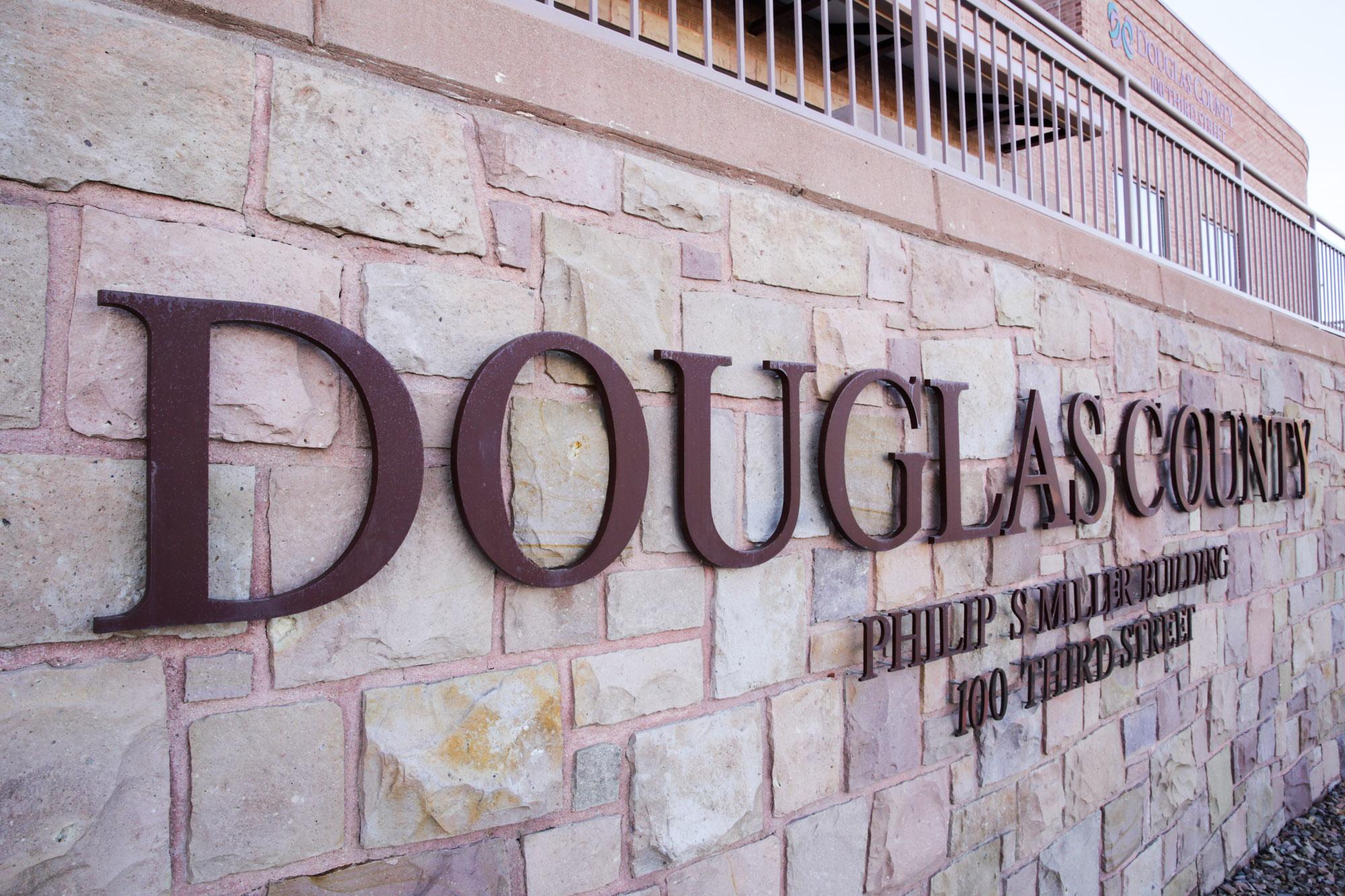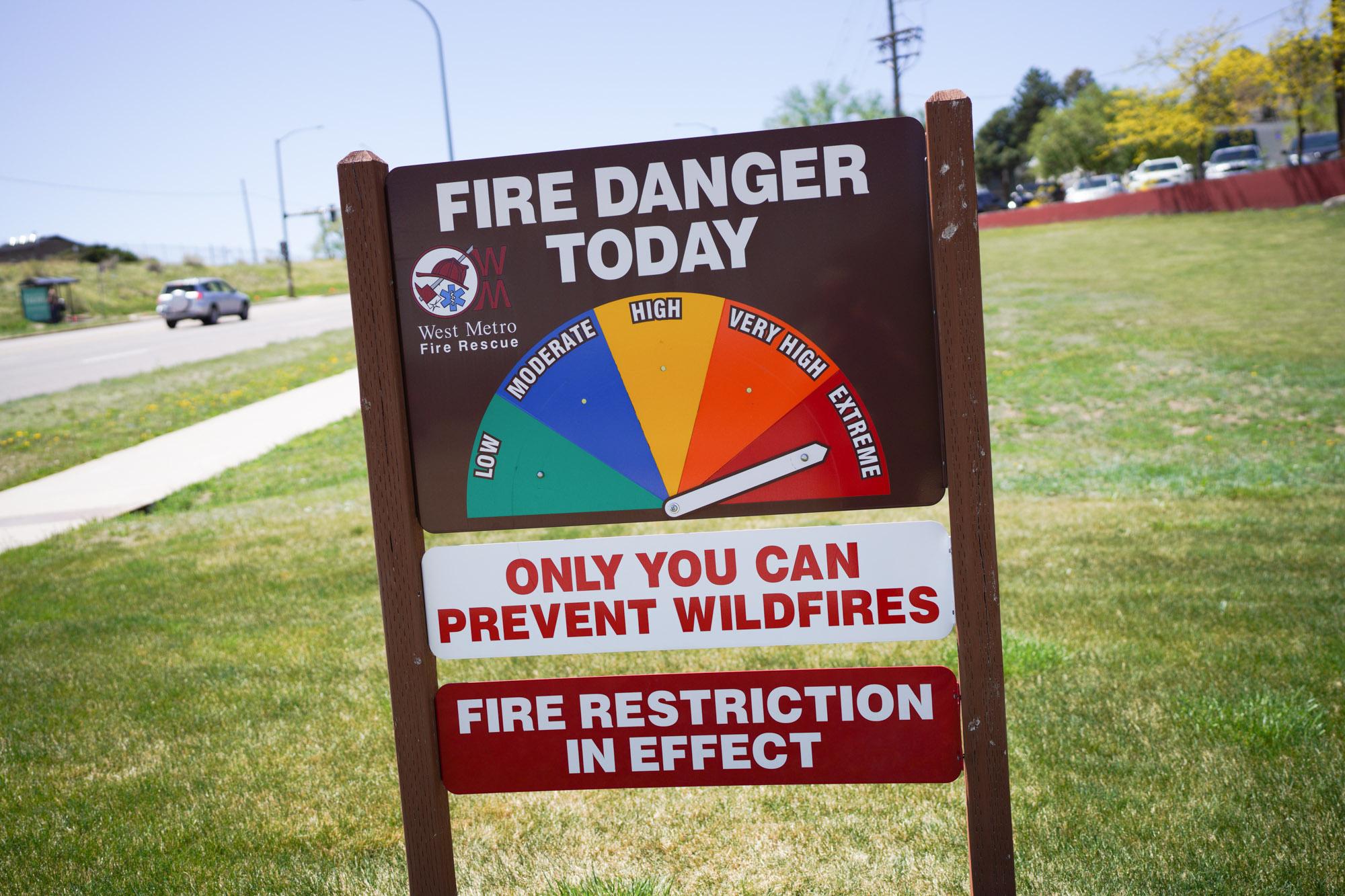
Colin Kaepernick and other NFL players like Denver Broncos linebacker Brandon Marshall weren't the first professional athletes to protest the national anthem. Back in 1996, Nuggets point guard Mahmoud Abdul-Rauf also refused to stand. He was fined and suspended and some say it ruined his career.
In a recent interview with the Edge of Sports podcast, Abdul-Rauf told sports reporter Dave Zirin that he could not honor a flag that in many countries stands for "tyranny and oppression."
"These things are symbols," Abdul-Rauf told Zirin. "I think they reflect the character of a nation of people or government. And it's supposed to represent these things like freedom and equality and justice for all. And I don't see where that's being necessarily represented. And I couldn't see in myself honestly standing up for something like that."
He also told Zirin he fully supports Kaepernick's and others' actions.
Interview highlights With Dave Zirin
On how unusual Abdul-Rauf's protest was compared to other athletes like Muhammad Ali, Billie Jean King and Kaepernick:
"Mahmoud Abdul-Rauf is really part of a different kind of political tradition — the tradition of somebody who reads. The tradition of somebody who's thinking in a solitary situation and then believes that based upon what he's read, he really has no choice but to act. Now the pitfalls of that path, of course, is that there's no cover for Mahmoud Abdul-Rauf. He makes the stand, and he was immediately isolated, fined and punished for taking that risk. And so it was very unusual for its time in the mid-90s. And it was very unusual in the history of sports and politics."
On what inspired Abdul-Rauf:
"At the time, that really subsumed a lot of the coverage — the fact that he was a convert to Islam — as if that explained the motivation. But in interviewing Rauf, it's really a writer of Jewish descent — Noam Chomsky — who shaped his political thinking about this. Noam Chomsky is a political theorist who writes a lot about U.S. foreign policy in terms of it being an empire — particularly in regards to the Middle East. Rauf, in reading Noam Chomsky, was very shaped and affected by this. And he started to believe, as he said to me, that what was happening was a hidden war. And to remain silent would be the same as saying he was on the side of the United States. And he believed that what the United States was doing was morally and politically wrong."
On the fallout from the national anthem protest:
"He found himself slowly phased out of the league. His minutes became less. He was bounced from a couple of teams during the duration of the existing contract. ... In his last year in the league, he lead the NBA in points per minute. He was an incredibly effective scorer. ... He's long maintained, and observers have long maintained, that it was his political stances that left him without a home in the league."
On the fire that destroyed Abdul-Rauf's home:
"Not only was it burned, but the local sheriff did not investigate it as an arson — which was something that the Rauf family strongly disagreed with. So there were these kinds of personal repercussions."
On Abdul-Rauf having "no regrets:"
"It came as a surprise to me. Because I've interviewed people like John Carlos and Tommy Smith, who raised their fists at the '68 Olympics, and many other athletes who've taken political stands. And there's always a sense of just uncertainty of the path not taken. And the path not taken is the path of silence and the path of fame and the path of wealth. If you can understand, it would be very human to have a lingering sense of what could have been. But that's just not something Mahmoud Abdul-Rauf holds to his heart. And he sort of feels vindicated by this latest round of protests in the NFL. It renewed interest in him. It seems to have emboldened him, given him strength, given him confidence."

